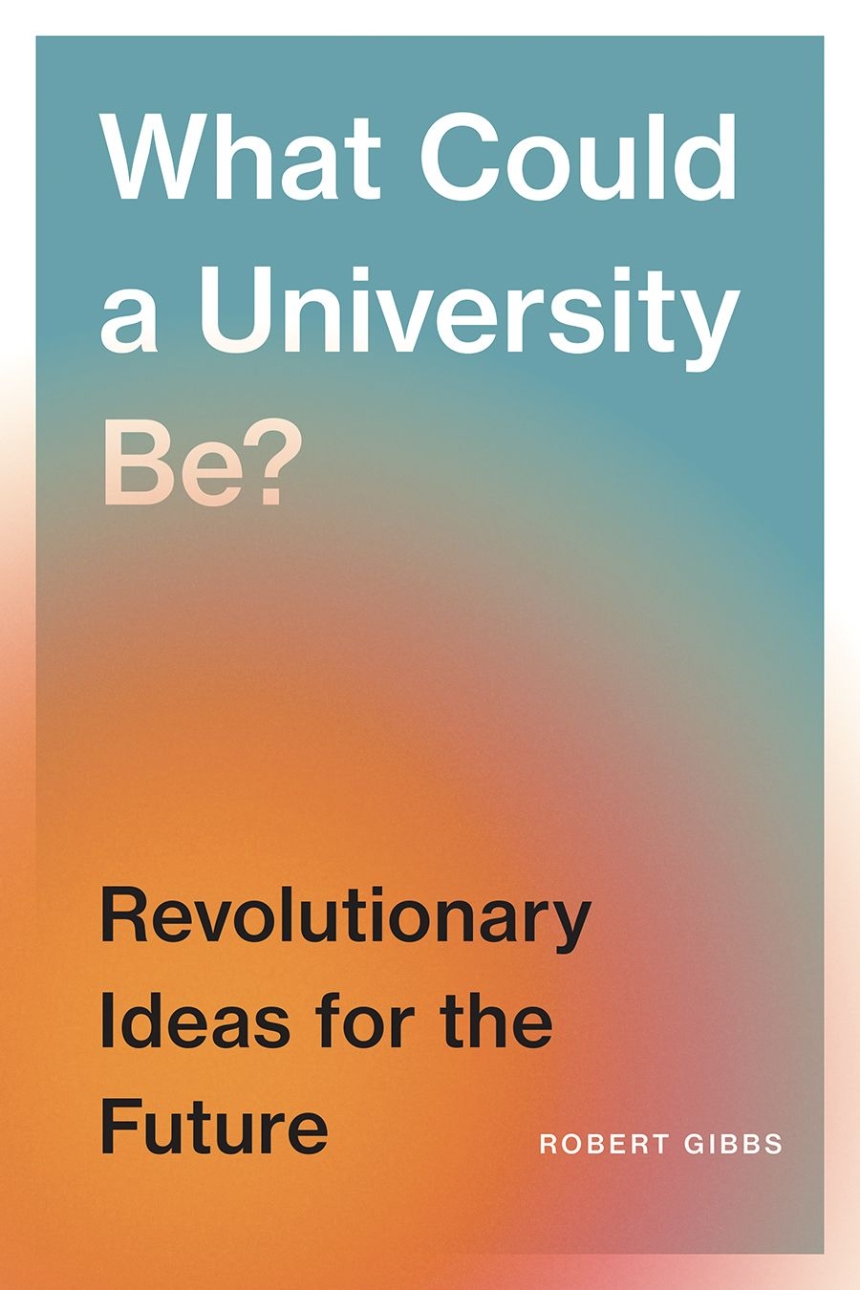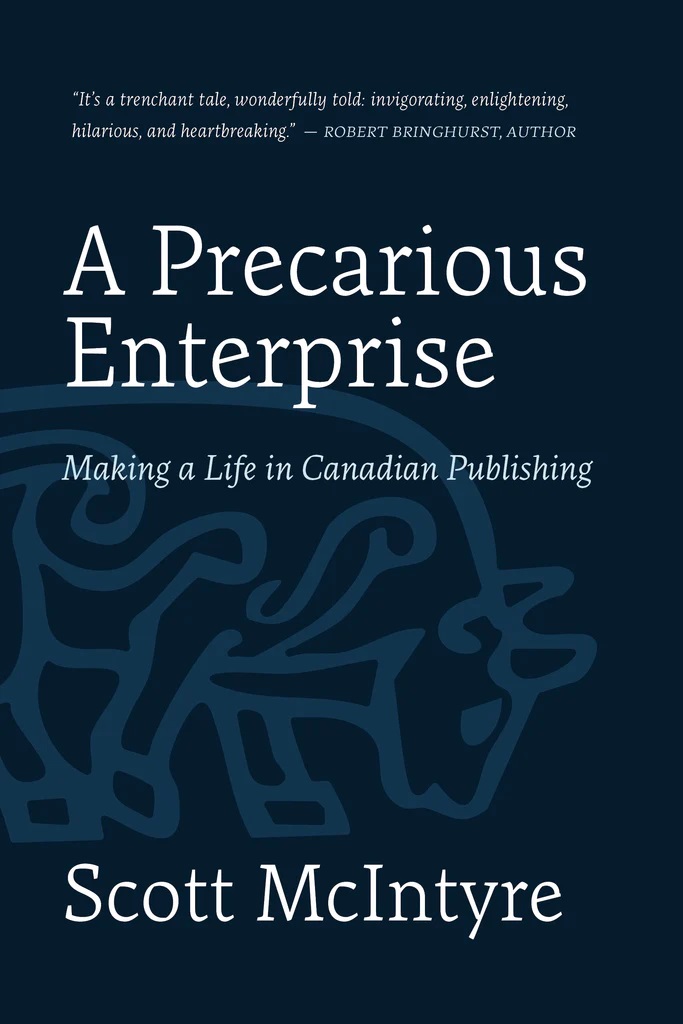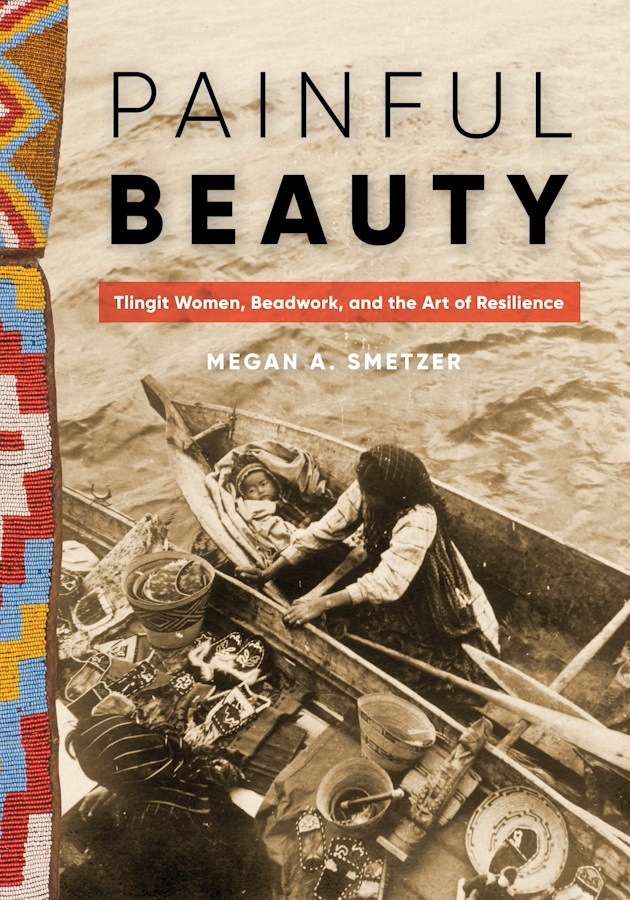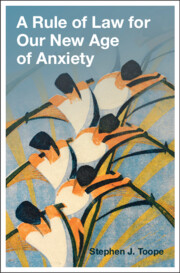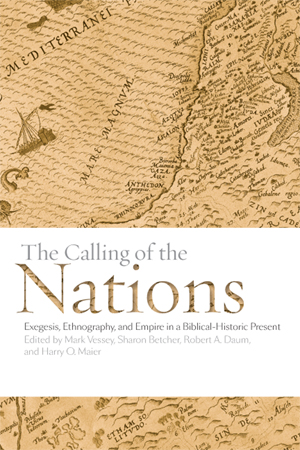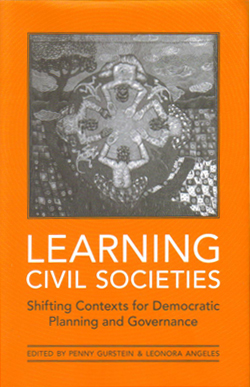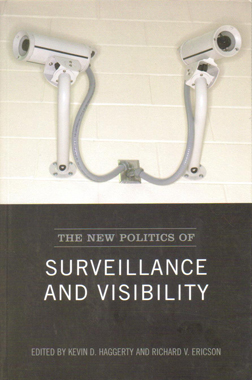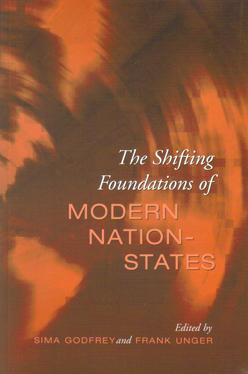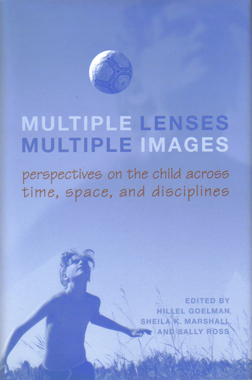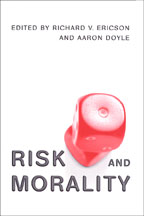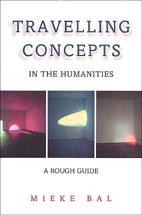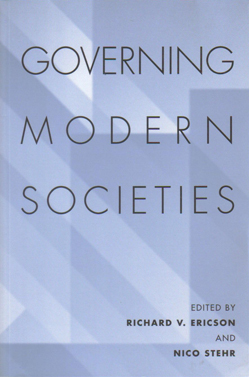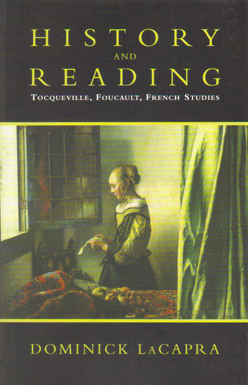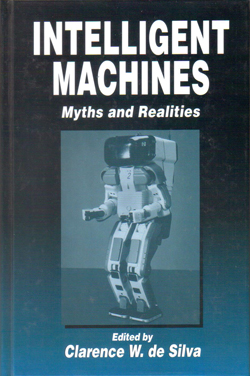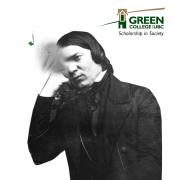Green College’s visitors and lecture series have produced numerous published works. Here is a selection of works with strong ties to Green College, with links to the publisher where possible:
Green College hosts around 80 public lectures on a wide range of interdisciplinary topics each year. We warmly welcome you to attend lectures in person at the College, which frequently also offers the opportunity to continue the conversation with the speakers and audience members afterwards in a reception or at dinner (reservations required). Many of our lectures are also recorded and published on our YouTube channel.
 Enjoy the Journey, by Rea Beaumont, composer-pianist
Enjoy the Journey, by Rea Beaumont, composer-pianist
Dr Rea Beaumont composed Green Pieces, which she named in tribute to Green College and the ‘green-ness’ of its setting in Vancouver and the Pacific Northwest. The three movements in the set of Green Pieces are Vancouver Vibe, Mountain Morning, and Western Waters, with each capturing a different mood and aspect of the region. The set of Green Pieces is available on Rea’s sixth album Enjoy the Journey, along with a set of French-Canadian folksongs for violin and piano, plus other solo piano works. This album takes listeners on a journey from Vancouver, through Quebec, and beyond. Dr Beaumont also wrote a special commissioned arrangement of Green Pieces as a gift for the Green College community, including “past, current, and future residents.” This album celebrates the 30th anniversary of the College.
A number of podcasts have been produced in association with Green College. Some of these podcasts are lecture series that were recorded and converted into this form, to preserve the content and make it available to a wider audience. Other series have been produced by college members as podcasts. These podcasts include the following series:
